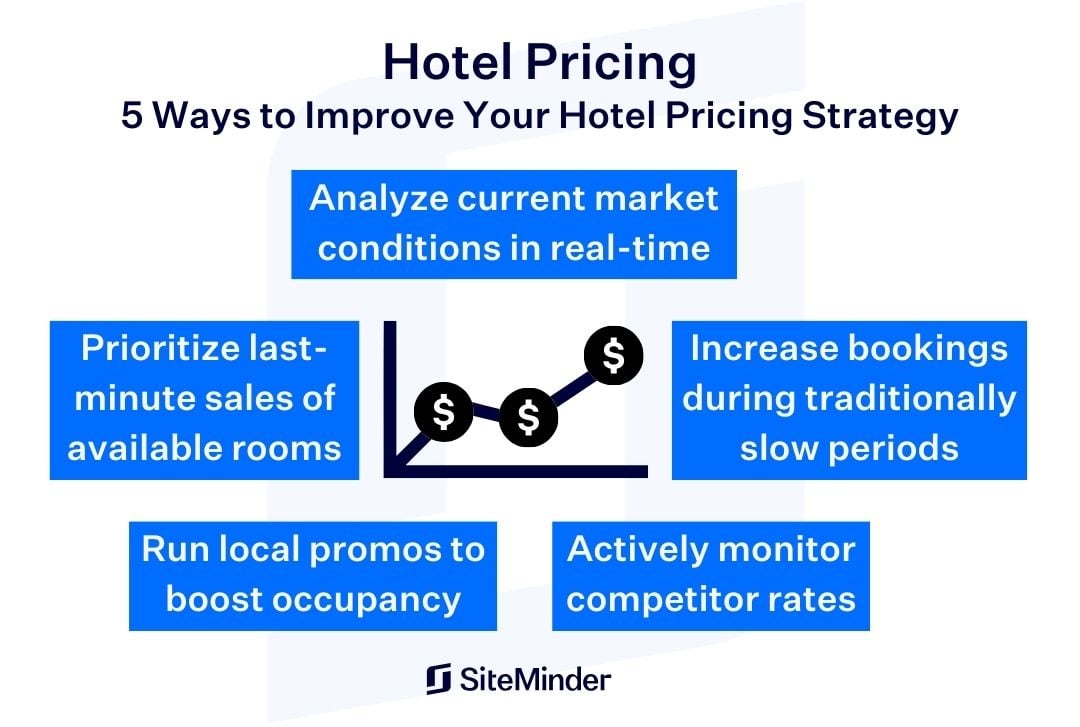Hotel prices fluctuate for a variety of reasons, and understanding these factors can help travelers save money on their next stay. Whether you’re planning a weekend getaway or a longer vacation, knowing how and why hotel rates change can empower you to make smarter booking decisions. From seasonal demand to last-minute availability, the dynamics behind hotel pricing are complex but manageable with the right strategies.
Understanding the Factors Behind Hotel Price Fluctuations
One of the primary reasons hotel prices change is due to seasonal demand. During peak travel times, such as summer holidays, major events, or school breaks, hotels often raise their rates to accommodate higher occupancy. Conversely, off-peak seasons may see lower prices as hotels try to attract guests. For example, a beachfront resort in Florida might charge significantly more during spring break than it does in January.
Another key factor is competition. Hotels adjust their pricing based on what nearby properties are charging. If a competitor lowers their rates, a hotel might follow suit to remain competitive. This dynamic ensures that prices are constantly shifting to reflect market conditions. Additionally, special events like concerts, sports games, or conferences can drive up demand and cause temporary price spikes. A hotel near a major convention center may see its rates soar during event weeks, even if it’s not typically a high-demand area.
How Booking Strategies Can Save You Money
Timing your booking wisely can lead to significant savings. Many travelers assume that booking early guarantees the best rates, but this isn’t always the case. In fact, some hotels offer last-minute deals to fill empty rooms. If you’re flexible with your dates, you might find better rates by waiting until just before your trip. However, this strategy carries risks, as availability can be limited.
Using price tracking tools is another effective way to monitor hotel rates. Websites like Google Flights, Kayak, and Hopper allow users to track price trends and receive alerts when rates drop. These tools can help you identify the optimal time to book and avoid paying more than necessary. Additionally, consider booking through third-party platforms like Expedia or Booking.com, which sometimes offer exclusive deals not available directly on hotel websites.
The Role of Loyalty Programs and Discounts
Loyalty programs can be a game-changer for frequent travelers. Many hotels offer members-only discounts, free upgrades, and other perks that can add up over time. Signing up for a loyalty program is usually free, and the benefits often outweigh the effort required to join. For instance, a hotel chain might provide a 10% discount on stays or free breakfast for members, making it easier to stretch your budget.
Discounts are also available through credit card rewards, travel insurance, and group bookings. Some credit cards offer hotel points or cashback on travel expenses, while others provide complimentary hotel stays as part of their benefits. Additionally, traveling with a group can lead to bulk booking discounts, as hotels often reward larger parties with reduced rates.
Tips for Negotiating Better Rates
Don’t be afraid to negotiate when booking a hotel. While some properties have strict pricing policies, others are open to offers, especially if you’re booking during a slower period. A simple call to the hotel’s front desk can sometimes result in a discounted rate or an upgraded room. Be polite and explain your situation—many hotel staff are willing to accommodate reasonable requests.
Another tactic is to book directly with the hotel instead of through a third party. While third-party sites may offer competitive prices, direct bookings often come with added benefits like free cancellation or flexible check-in times. Plus, by contacting the hotel directly, you can ask about any unadvertised deals or special promotions that might not be listed online.
The Impact of Technology on Hotel Pricing
Technology has revolutionized the way hotels set and adjust their prices. Dynamic pricing algorithms analyze data in real-time, adjusting rates based on factors like demand, weather, and even social media trends. This means that hotel prices can change multiple times a day, depending on current conditions.
Mobile apps and online booking platforms have made it easier for travelers to compare prices across different providers. However, they also mean that hotels can quickly respond to competition by lowering or raising their rates. As a traveler, staying informed about these changes can help you secure the best deal possible.
Conclusion

Hotel prices are influenced by a wide range of factors, from seasonal demand to technological advancements. By understanding these dynamics, travelers can make more informed decisions and save money on their next stay. Whether it’s timing your booking, leveraging loyalty programs, or negotiating directly with hotels, there are numerous strategies to ensure you get the best value for your money. With the right approach, you can enjoy a comfortable and affordable hotel experience without breaking the bank.



